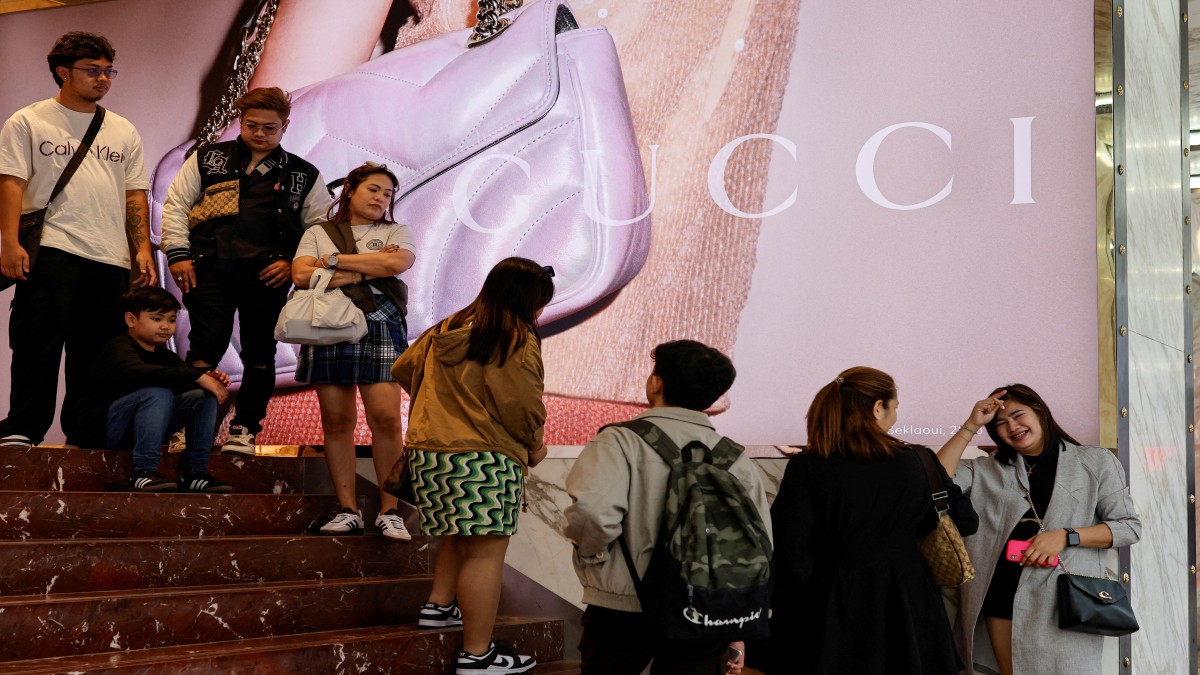A fresh crackdown on user content has been initiated by Chinese social media companies.
Weibo, Tencent, Douyin, and Xiaohongshu are targeting posts that promote materialism and flaunt personal wealth.
They added that accounts that are discovered to be breaking these guidelines would be removed and banned, as per Global Times.
Here’s why.
Restricting ‘undesirable’ posts
Weibo said that it has spent this month performing special management work on “undesirable value-oriented content,” including content that “shows off wealth and worships money,” in an online statement that was published on Wednesday, as per The Guardian.
According to the statement, it had targeted posts that flaunted luxurious homes and cars.
Posts that were perceived as boasting about one’s riches and the independence that accompanies it were also deleted.
Weibo claimed to have deleted over 1,100 pieces of content.
Similar statements were also published by Tencent, Douyin, Kuaishou, Bilibili, and Xiaohongshu.
Douyin released a statement in which the platform reaffirmed its commitment to continuously monitoring and taking action against accounts and content that promote materialism, excessive displays of wealth, and inaccurate comparisons of lavish lifestyles, reported Global Times.
Additionally, content that targets, discriminates against, or mocks other social groups, or unfairly flaunts one’s privileged circumstances and social rank will not be permitted.
The Chinese equivalent of TikTok, Douyin, reported that between 1 and 7 May, it deleted 11, accounts, and 4,701 messages, The Guardian reported.
Impact Shorts
More ShortsChinese media outlet The Cover reported that Xiaohonshu had erased 4,273 “illegal” posts and removed 383 accounts in the previous two weeks.
‘Purifying internet environment’
Weibo’s statement noted that the crackdown is a part of China’s campaign to establish a “social-ecological environment that is civilised, healthy and harmonious.”
As per the report, instead, the platform urged users to create and share high-quality, truthful, and positive value-oriented content on the platform to foster “a good community atmosphere of upward mobility and goodness.”
The tighter stance seems to be part of the 2016-launched national drive by the Chinese government to “purify the internet cultural environment.”
A former transport bureau officer in Shenzhen, Guangdong Province, South China, who resigned in 2007, was fired from the Communist Party of China in October 2023 due to grave violations against Party regulations and laws, as per Global Times.
The official’s granddaughter triggered controversy when she boasted on social media about her family’s possession of over 100 million yuan ($13.7 million).
The wealth disparity is widening in spite of the Chinese Communist Party’s attempts to create a “common prosperity.”
According to data issued by China’s National Bureau of Statistics, Beijing’s 2023 income disparity has grown to its highest level since data collection started in 1985.
The Stanford Centre on China’s Economy and Institutions reported that the percentage of China’s national income that the top 10 per cent of the population earned rose from 27 per cent in 1978 to 41 per cent in 2015, exceeding France’s 32 per cent and approaching the US’s 45 per cent.
The trendy ‘flaunt your wealth’ challenge
Notably, the most recent crackdown occurs at a time when millions of Chinese individuals participate in the “flaunt your wealth” challenge, a new and odd lifestyle trend.
As per The Telegraph, the fad involves individuals posing as though they had just stepped out of an opulent car and scattered their pricey belongings all over the pavement.
According to ABC, the craze began in Russia during the summer after a DJ uploaded a picture of himself on Instagram where he was pretending like he was falling out of a private jet.
Since then, more than 100,000 Instagram pictures have been shared globally with hashtags like #fallingstars.
Similar moves
Well, crackdowns are not just limited to social media.
There have also been reports of policies and crackdowns on social behaviour deemed inappropriate by the ruling Chinese Communist Party.
Beijing revised regulations to forbid remarks, attire, and symbols that “hurt national sentiments” in September 2023, as per The Guardian.
Sports administrators said in 2022 that they would not allow new tattoos on players of the national football team and encouraged those who already had them to cover them up or have them removed.
The report says the Chinese government started a campaign called “Operation Empty Plate” in August 2020 to reduce food and beverage waste and promote frugal living.
The government also demanded “comprehensive reform” of the wedding sector in 2018 to put an end to “vulgar wedding practices,” which included extravagant ceremonies, pricey gifts, and ever-increasing bride prices.
The Chinese National Radio and Television Administration caused a stir in 2022 when it declared its intention to take tough measures against “sissy” TV and plastic surgery.
With inputs from agencies


)

)
)
)
)
)
)
)
)



